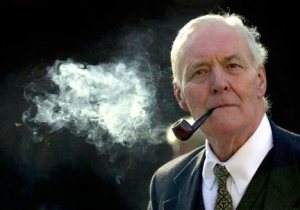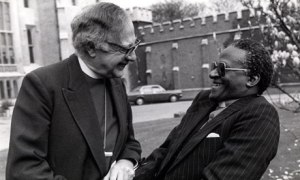A common line in blogs and sermons these days is to call on people to be followers of Jesus and not just admirers of Jesus. There’s nothing wrong with that on one level. I like to think I do that sometimes myself; but I know just how flaky I am when the going gets tough. Following Christ is hard. Sometimes even being an admirer of Christ is hard; often it’s hardest even to like Jesus when one really has tried to follow Jesus to the Cross and ended up being crucified.
Some of those blogs make out that if you don’t follow Jesus, 100% of the time, right to the end, then you aren’t a real Christian. If that’s the case, then there are no real Christians. I wonder what image they have of themselves if they think they’re the real Christ followers, with the authority to lecture the poor benighted masses who just want an easy ride.
In Holy Week, Palm Sunday was when everybody got to admire Jesus; the night of Maundy Thursday was when following Jesus got really hard and everybody, and I do mean everybody, abandoned Him.
We’re all good at liking Jesus on Palm Sunday. We all love Jesus when He rides into Jerusalem in triumph, fulfilling the prophecies, and doing nothing to contradict our understanding of what a Messiah looks like. The Kingdom of God is at hand! Safe as one of a crowd of thousands, we know Jesus will soon show His power. As we’re good Christians, we know that will be good for everyone, and especially for us. Continue reading








